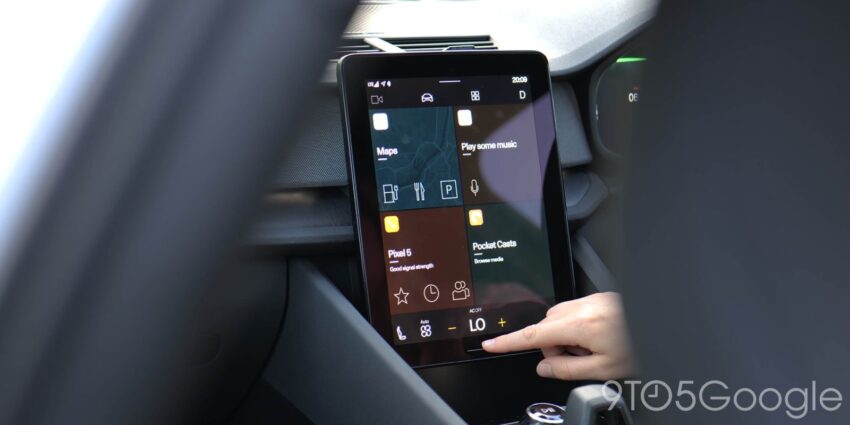Polestar 2 gets a browser as Vivaldi comes to Android Automotive OS

The Polestar 2’s dashboard is getting a built-in browser, with Vivaldi releasing its app for the Android Automotive OS-powered touchscreen. The new browser promises much the same experience – albeit with some tweaks in the name of driver safety – as you’d get with Vivaldi on a smartphone or tablet.
It’s Vivaldi’s first browser version intended for a car, and indeed the first browser that’s available for Android Automotive OS so far. There’s tabbed browsing, support for media streaming, and desktop-style features such as an ad-blocker, translation tool, notes function, and tracking protection.
It’s fair to say the modern dashboard is a far cry from the analog gauges and simple HVAC controls of a decade or so ago. Today’s vehicles typically employ one or more touchscreens for their primary controls, taking advantage of customizable layouts to squeeze in more virtual buttons than could be comfortably accommodated in physical form. In the case of the Polestar 2, it’s an 11.15-inch portrait-orientation touchscreen, with a secondary display for the driver’s instrumentation.
Rather than a custom software stack, as most vehicles rely upon, the Polestar’s touchscreen runs Android Automotive OS. Developed by Google as an offshoot of Android for phones and tablets, it’s intended specifically for automotive purposes, and can tap deep into the vehicle’s native systems. In the Polestar 2, for example, apps like Google Maps and the Google Assistant can tap information on the EV’s battery state and remaining range.
It also gives access to the Google Play store, though not the relatively unconstrained virtual shelves stocked for phone users. Instead, Google has a relatively short list of approved software on offer, intended to be not only stable and useful, but not distract a driver.
The potential for that distraction is something safety regulators have been increasingly focused on. The rise of smartphones has led to a greater number of calls for our attention, even when driving, and organizations like the NHTSA have explored ways of curtailing just what the person at the wheel is able to access when they ought to be focusing on the road ahead.
For Vivaldi’s browser, that means access is only available when the Polestar 2 is parked. If streaming content is loaded, it’ll continue when the EV is driven, but in audio-only mode. There are also restrictions around other elements of the browsing experience for safety, such as not permitting files to be downloaded.
As for Vivaldi’s privacy focus, browsing data isn’t stored on the car. Nor does Polestar find out what you were looking at. Logging into a Vivaldi account is optional; if you do so, you can access browsing data from the car on other devices logged into the same account, and vice-versa.
Polestar 2 owners have already been exploring the app, and the list of supported streaming platforms tested in Vivaldi is growing. YouTube and Plex work, along with Disney+ and Hulu if you switch to the desktop version, according to the Reddit Polestar forum, though Netflix and HBOMax currently do not.



Leave a Reply